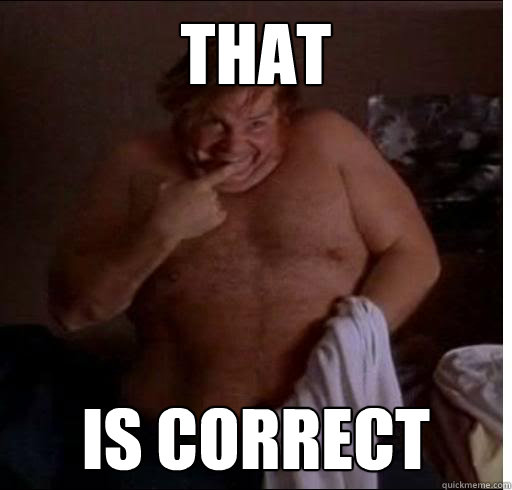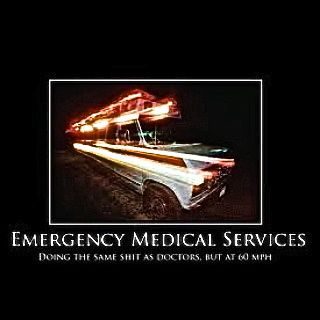- 5,046
- 1,464
- 113
What we need is a really solid understanding of 3 things: Normal physiology, pharmacology and pathophysiology. When I first became a Paramedic, I had a reasonably decent understanding of 2 of those things. One of the prerequisite courses I had to take for RN school was microbiology. Ask me what I remember about it, and I'll tell ya that I learned a lot about growing little bugs. Ask me about how it applies to Nursing, and I'll tell ya that I know it takes a few days to get bugs identified and determine their sensitivity to antibiotics. Also some bugs like different growth media, so you may have to use different collection tubes to ensure optimal growth, because some media may inhibit their growth and thus you'll have a false negative.LMAO do you HONESTLY think that the academics that control a degree pathway for EMT/paramedics are going to stop with an AAS?
I dont think an AAS is bad. Problem is that 10 years down the line it will turn from AAS into B.S. Ten years after that it will turn from B.S. into M.S. Ten years after that it will turn from M.S. into doctorate degree.
And who gains from this the most? It's not the EMTs/paramedics who will get saddled with tens of thousands in extra debt for very poor return on MEANINGFUL CLINICAL SKILLS. It will the colleges/academics who laugh all the way to the bank that they were able to dupe gullible people into getting education that provides a very poor return on investment.
We need REAL education, and that means CLINICAL TRAINING, NOT ACADEMIC B.S. DEGREES. We need vocational apprenticeship type programs where hours in an ambulance are prioritized over meaningless time in a classroom.
Ask any M.D. what they remember about organic chemistry or biochemistry and they will laugh in your face.
But with all the schooling behind me, I can certainly say that I'm not a worse provider for it. If I'm coming from a facility where they've somehow managed to get a bunch of labwork done before calling me, it makes it a whole lot easier for me to determine what my treatment plan will be, knowing what's going on from that standpoint, in conjunction with my physical exam.
Don't get me wrong, we still very much need vocational time too. We absolutely must know how to actually do the job when we finish school. We should be able to graduate from school and hit the streets, being safe, capable providers with minimal orientation to the specific working environment. It also takes a new medic a good year or two to really settle into the role, but at least we can get them out the door and able to practice in a safe manner until they find their own way.



